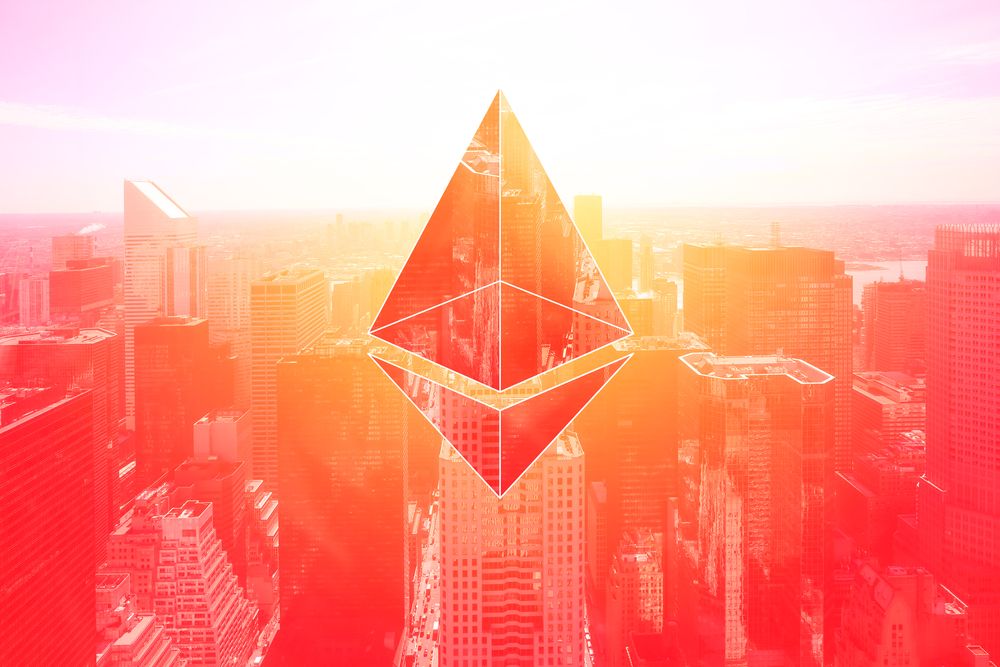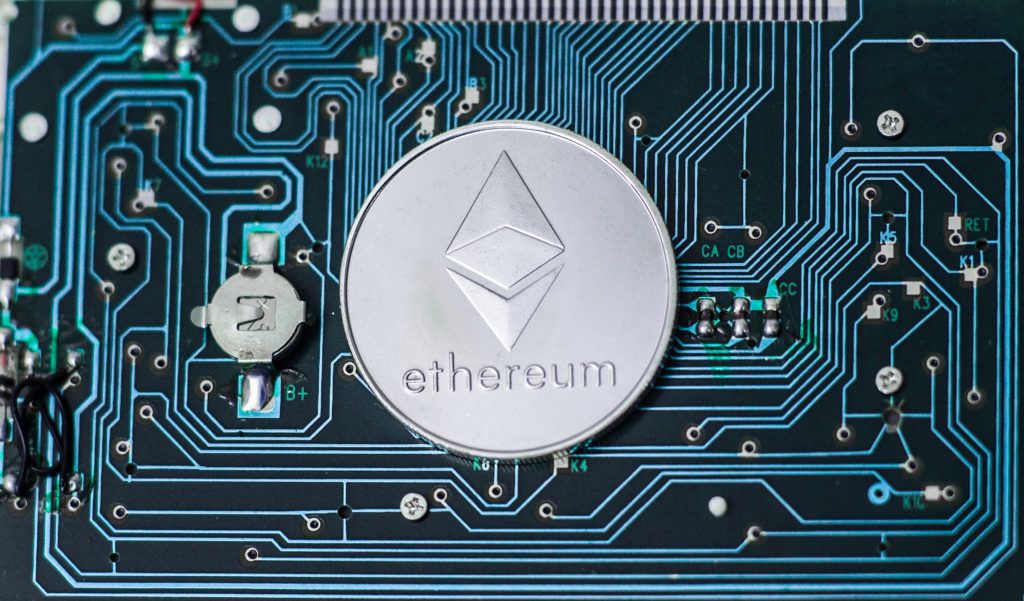Istanbul, the long-awaited Ethereum hard fork, is set to release sometime later this year, bringing changes regarding scalability, mining, and accessibility.
As the number two cryptocurrency in terms of market cap, and one of the largest platforms for decentralized application (dApp) development, the network could really use an upgrade. To implement these changes, Istanbul is bringing with it a set of EIPs or Ethereum Improvement Proposals — network changes agreed upon by the community.

A Testnet Hiccup
Originally, the network was meant to go live on the mainnet come Oct 16, however, it ended up getting delayed, with a test fork supposed to have gone live on the Ropsten testnet on Oct 2. Though, BeInCrypto reported that the testnet went unusually unstable due to launching early on Sept 30. The project was then scheduled for Görli on Oct 30, and then Rinkeby testnets on Nov 13. Arguably the most notable change coming with Istanbul is the hopeful shift of Ethereum from a Proof-of-Work (PoW) consensus algorithm over to a Programmatic PoW (ProgPoW), a method that intends to level the playing field when it comes to cryptocurrency mining. It will do so by limiting the effectiveness of ASIC cards that are specifically designed for the types of algorithms that hash blockchain transactions. This ensures that traditional GPUs have more of a chance when it comes to mining, meaning those with even mid-range computers can participate in the Ethereum network, making it stronger overall. Whether or not the above will actually follow through is uncertain, however. Some users claim that limiting the use of ASIC cards limits the free market and forces people to buy into the most powerful GPUs they can. Because ASIC cards and GPUs serve two different functions, the former would no longer be able to compete with the latter.
However, the above change isn’t scheduled until the second part of the Istanbul update, set for launch for early next year. This first update includes six specific EIPs: 152, 1108, 1344, 1884, 2028, and 2200. These improvements intend to optimize and lower gas costs, increase compatibility with Zcash, and address scalability methods. Lowering gas costs would make it cheaper for users to make transactions on the network, while scalability would mean faster transactions as a whole.
Whether or not the above will actually follow through is uncertain, however. Some users claim that limiting the use of ASIC cards limits the free market and forces people to buy into the most powerful GPUs they can. Because ASIC cards and GPUs serve two different functions, the former would no longer be able to compete with the latter.
However, the above change isn’t scheduled until the second part of the Istanbul update, set for launch for early next year. This first update includes six specific EIPs: 152, 1108, 1344, 1884, 2028, and 2200. These improvements intend to optimize and lower gas costs, increase compatibility with Zcash, and address scalability methods. Lowering gas costs would make it cheaper for users to make transactions on the network, while scalability would mean faster transactions as a whole.
Will Istanbul Help Ethereum Compete?
Essentially, when Ethereum was formed, there weren’t many competitors looking to be the main platform for dApp development. Since then, projects like Tron and EOS have joined the party, providing different consensus algorithms and incentives for developers to use their Virtual Machines for development. Ethereum needs to be prepared to compete more now than it ever has before, lest it lose its second-place spot. For more on the future of Ethereum, here are some things to expect from the platform in the future that BeInCrypto has previously reported on. What do you think about the upcoming Ethereum hard fork? Will it ensure the network remains competitive, or are others like Tron getting ready to pass it up? Let us know your thoughts below in the comments.Images are courtesy of Shutterstock.
Disclaimer
In adherence to the Trust Project guidelines, BeInCrypto is committed to unbiased, transparent reporting. This news article aims to provide accurate, timely information. However, readers are advised to verify facts independently and consult with a professional before making any decisions based on this content. Please note that our Terms and Conditions, Privacy Policy, and Disclaimers have been updated.

Max Moeller
Max is a cryptocurrency journalist with an affinity for games and emerging technology. After leaving school to start a writing career, he wrote his first article on blockchain and fell down the rabbit hole. Since starting in 2017, Max has worked with multiple blockchain startups and crypto enthusiast spaces, doing his best to educate the world on the nascent technology. Max has been published in various blockchain and crypto related magazines before settling down at BeInCrypto to focus on...
Max is a cryptocurrency journalist with an affinity for games and emerging technology. After leaving school to start a writing career, he wrote his first article on blockchain and fell down the rabbit hole. Since starting in 2017, Max has worked with multiple blockchain startups and crypto enthusiast spaces, doing his best to educate the world on the nascent technology. Max has been published in various blockchain and crypto related magazines before settling down at BeInCrypto to focus on...
READ FULL BIO
Sponsored
Sponsored
